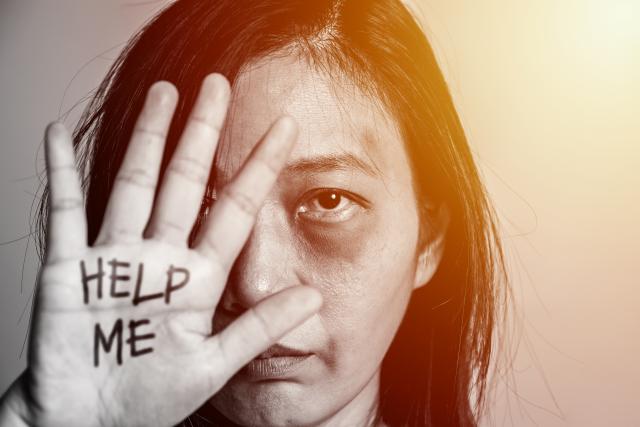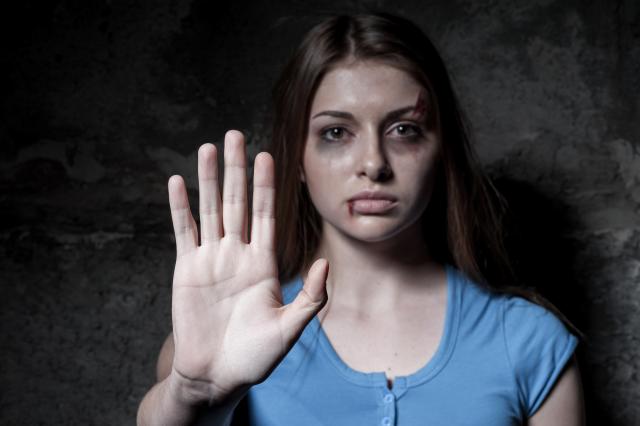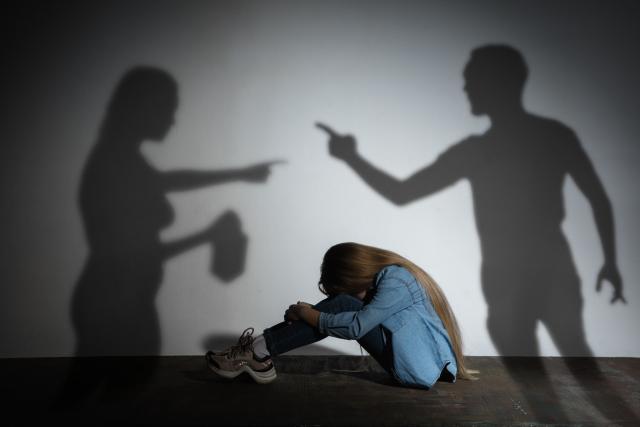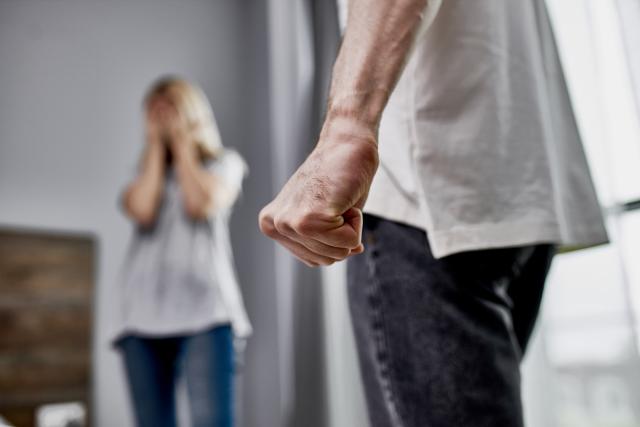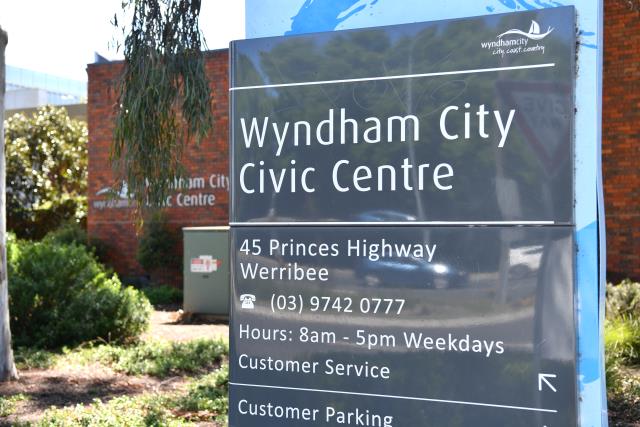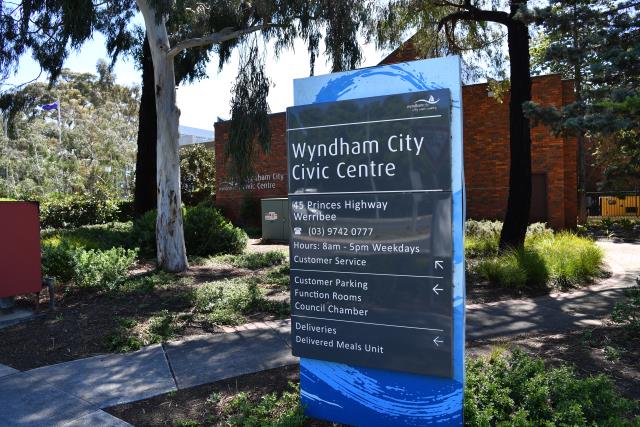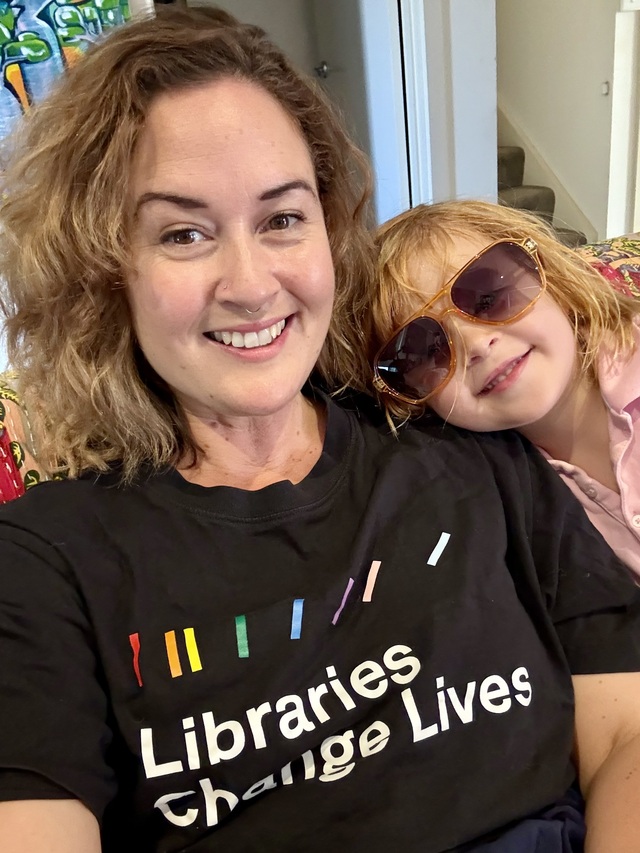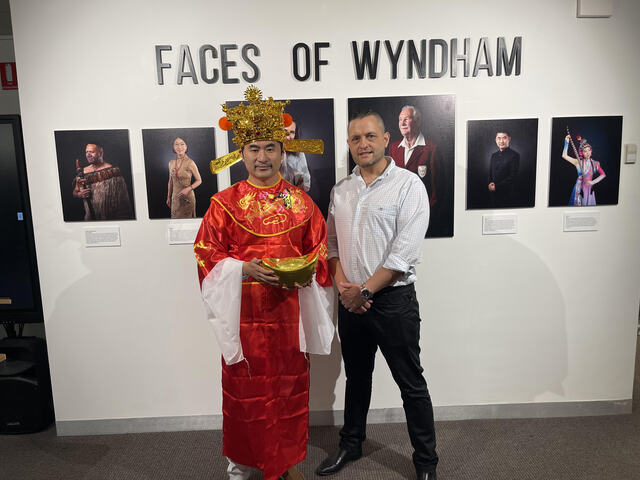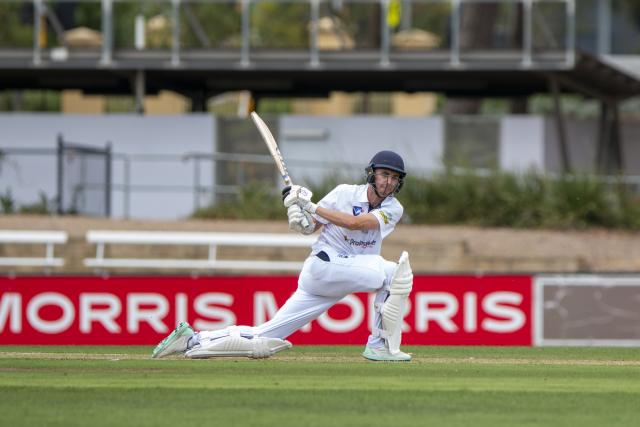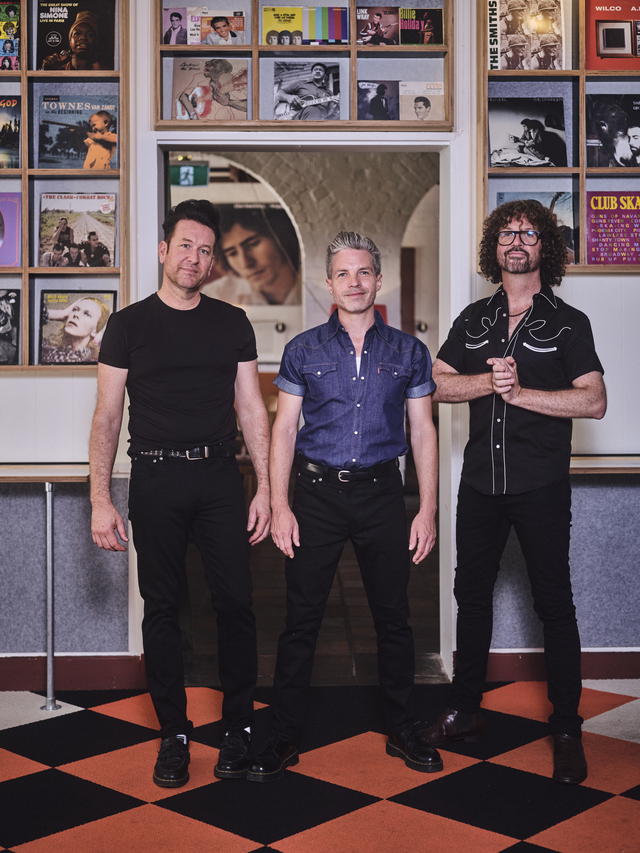On average, one woman a week is murdered by her current or former partner as unveiled by Australia’s National Research Organisation for Women’s Safety. Global organisation White Ribbon seeks to prevent the behaviours that lead to violent acts against women. Fatima Halloum learns from volunteers the best ways men can support the movement.
Ajay Ramdas doesn’t believe you need to have witnessed or experienced family violence to be a passionate advocate for change.
In 2015, the Melton resident began co-ordinating a support group for women on a journey to heal from the effects of abuse.
“They come in, have a good time, laugh, and create friendships,” he said.
“You can find family violence across all classes of people.
“There’s no barrier whatsoever, we can see it in every community.“
By 2016, Mr Ramdas took his commitment to be a role model further, when he joined the White Ribbon organisation as a volunteer.
The group says it strives for an Australian society where all women and children are safe.
“The purpose of the White Ribbon Campaign as a primary prevention, is to educate predominantly men but also women,” he said.
“For the women [we want them to] know [when] what they’re going through could be violence or abuse and to be able distinguish between what is genuine love and controlling behaviour.
“On the other side we want to educate men, a lot of perpetrators are not aware that they are engaging in violence or abuse because that is how they’ve grown up, they think that [controlling women] is just the way a family should be run.”
Mr Ramdas believes a key element of the campaign is to encourage people to take more notice of their own behaviour and their spouse’s behaviour too.
“People think ‘I’m not hitting my wife, there is no physical hitting, hence I am not engaged in family violence’, that is wrong because abuse comes in various forms,” he said.
“It could be emotional abuse where you are controlling their emotions, it could be financial abuse where you are controlling all the money and you’re not letting her have her own accounts.
“It could be spiritual abuse or it could be social abuse, and you control who she meets, what she does and who are her friends.
“Abuse is when there is predominantly fear in the relationship.“
After looking internally, at their own behaviours, Mr Ramdas suggests people look at their households and workplaces and scrutinise the conversations that are often overlooked under the guise of humour.
“During get togethers and catch ups, they can have these kinds of discussions,” he said.
A survey conducted by White Ribbon revealed one in two employees considered it acceptable to tell a sexist joke in the workplace.
“If you hear something put across as a joke that’s demeaning to women, be bold enough to stand up, of course provided it is safe enough to do so, and call it out, you can say ‘you’re much better than that mate’,” Mr Ramdas said.
White Ribbon director Allan Ball believes most men are not violent, and many are aware that violence against women is not OK.
“We want to encourage Australian men to take action,” he said.
“I’m passionate about really disrupting and really breaking down what a man should be, this idea of a strong, brave, stoic, almost emotionless being that is upheld by notions like ‘boys will be boys’ and ‘treat her mean, keep her keen’.
“We need to understand what’s going on for guys, how do we offer support for you as well, and how do we stop this before it even begins.”
For those that engage in violent behaviours, Mr Ball said that there are number of complicated reasons people do this, underpinned by power, control, and privilege, whether or not it’s conscious or unconscious.
“It’s the environment, the cultures and the systems that men are surrounded in and the behaviours that they choose and are influenced by, that drive the problem,” he said.
“Men are not just the problem or the underpinning problem of violence against women, they’re also part of the solution.
“So we need to call men in, rather than call them out, and say ‘we need you to be part of the action’.”
For men wanting to participate in more structured advocacy, Mr Ramdas encourages them to consider becoming a White Ribbon volunteer and helping to spread the message amongst their own family and friends.
“To the victim whether they are a man or woman, please gather your strength to seek help, don’t be ashamed, it is better to seek help than to suffer in silence,“ he said.
“If there is a physical or immediate threat, do not hesitate to call triple-0, for non-emergency threats, there are lots of supports available.“
Individuals seeking assistance are encouraged to call 1800 737 732, a 24-hour national sexual assault, family and domestic violence counselling line.
Details: https://www.whiteribbon.org.au/Find-Help/Help-Lines

